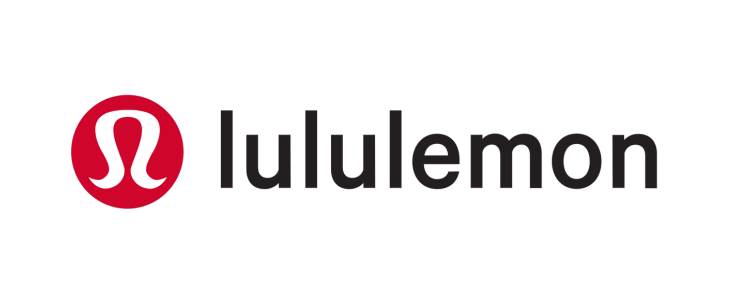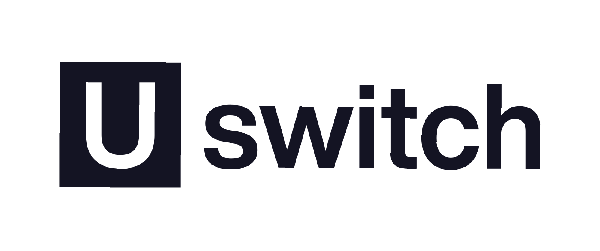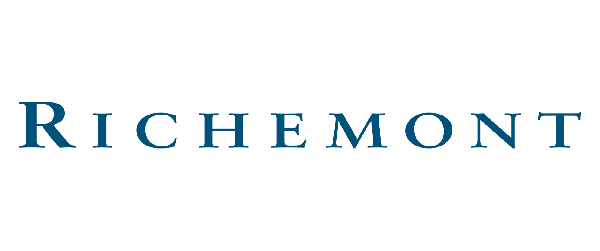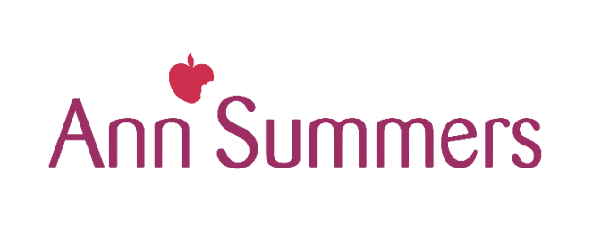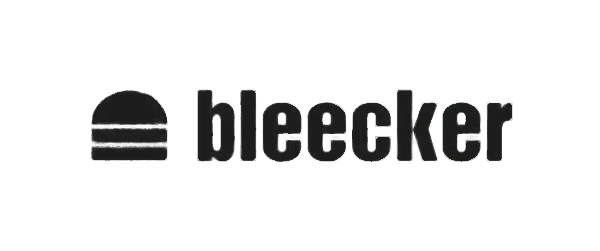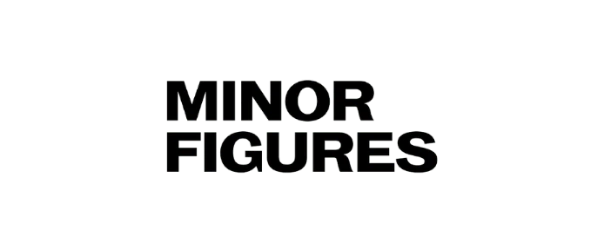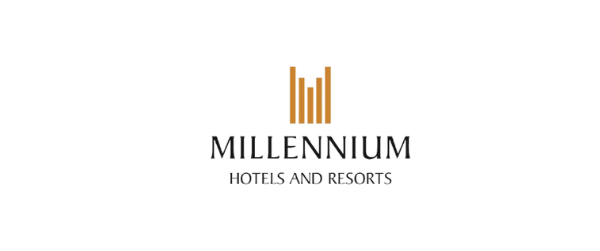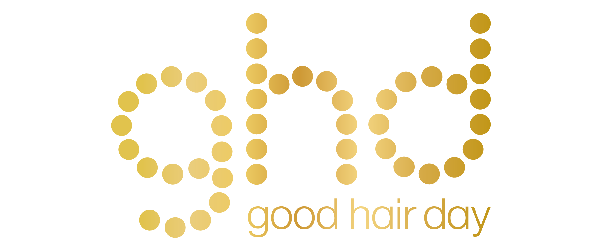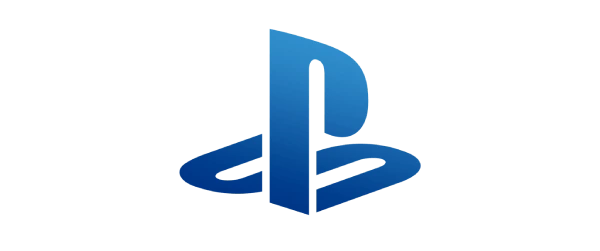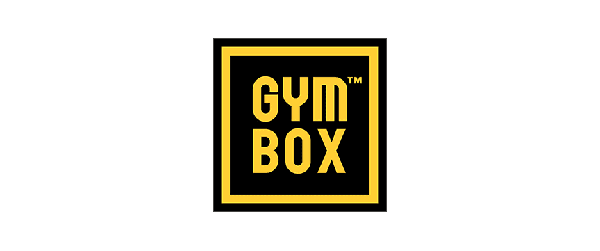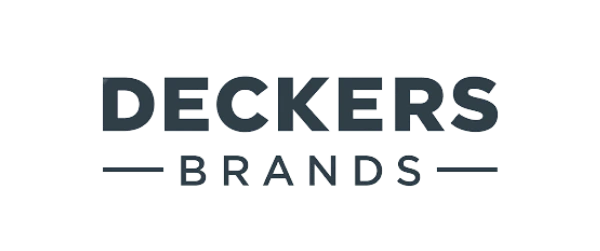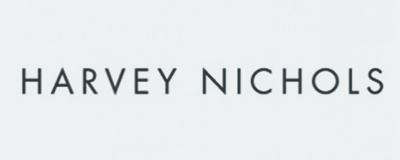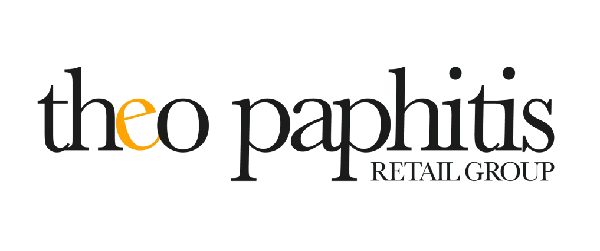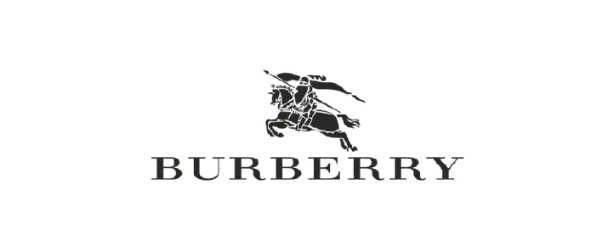What is self-reflection and why is it important for leaders?
Self-reflection is a term you may be aware of but not something you practise in your daily routine. In the current world we live in, it is fast-paced, chaotic and busy.
Implementing self-reflection into your daily routine may not be a top priority. However, it can be a great way to ensure you are focusing on personal development both in your personal and professional life.
So, what is self-reflection and why is it so important?
What is self-reflection?
Self-reflection is the conscious thought and analysis of your personal beliefs and actions. Its purpose is to take time to reflect on previous experiences. It can help you to learn and develop an understanding of how you deal with different situations. It also allows you to gain better awareness about who you are and what you stand for.
For example, you may look back to an event and question yourself on how you handled it or what you learnt from that experience. By practising self-reflection, you can begin to learn from previous events and utilise that learning to help you make better decisions in the future.
Why is it important for leaders?
Adding time to pause and reflect is a great way to ensure you are stepping back from the busy lives we all live and taking time for personal development. Implementing self-reflection into your routine allows you to take time to identify both your strengths and weaknesses which can lead to a more positive mindset.
Taking a step back allows us to interpret the experience and develop meaning about our actions. Once an understanding has been developed, it can be applied to future scenarios. This will then influence future mindsets and actions towards a similar event.
When applied to leadership, self-reflection is crucial as it focuses on the process of knowing and leading yourself. Once that is established, you can then apply it to leading others.
By understanding our strengths, weakness, behaviours and beliefs, can help us to learn how to respond effectively in a range of different situations. Particularly, when you find yourself in a leadership situation, it will help to improve decision making and communication.
How to implement it into your routine
In the high-paced environment in which we all live, we want to see results as soon as possible. But to get the most out of self-reflection, practising frequently and consistently is the way you will improve and increase success. It may not seem easy at first and may not come naturally, but the more you practice the easier it will become. Then, the results will start appearing.
There are a few easy ways to implement self-reflection into your daily routine:
1. Identify and answer the important questions
Try to think of some questions that you can ask yourself on a daily, weekly or monthly basis. You could do this at the end of each day or even at the end of a meeting/project/personal event you have completed or attended.
Some example questions might be:
- What is my goal?
- How did my reaction influence the situation?
- How do I want to navigate conflict?
- What did I do well?
- What could I have improved on?
- What skills did I use?
- What was the outcome?
- How am I feeling?
By asking yourself these questions, you are actively choosing to self-develop and will make positive changes as a result.
2. Keep a diary
Writing your thoughts down on a piece of paper is a great way to express your feelings and show your behaviours. It is also a great way to identify any recurring habits or emotions.
3. Sit or Walk in Silence
Whilst it may feel uncomfortable at first, sitting or walking in silence is a great way to think and process your thoughts. Let your mind wander and reflect on what you thought about once you’re finished. Getting some fresh air is also a great way to clear your head.
4. Track your mood in an app
If you are short for time, mobile apps can be a great way to jot down your moods privately. For example, Moody and Reflectly. Over time, you may start to identify certain trends or triggers that would provoke certain moods.
Self-reflection is a great personal development tool. By implementing it into your routine it can help you to not dwell on challenges and obstacles that have arisen, or you have experienced. This can help you to be more productive and improve your decision-making skills for future events and experiences.
For additional tips on how to ensure you are maximising your productivity, take a look at our recent blog post.
Follow us on LinkedIn for the latest jobs, news and industry insights
